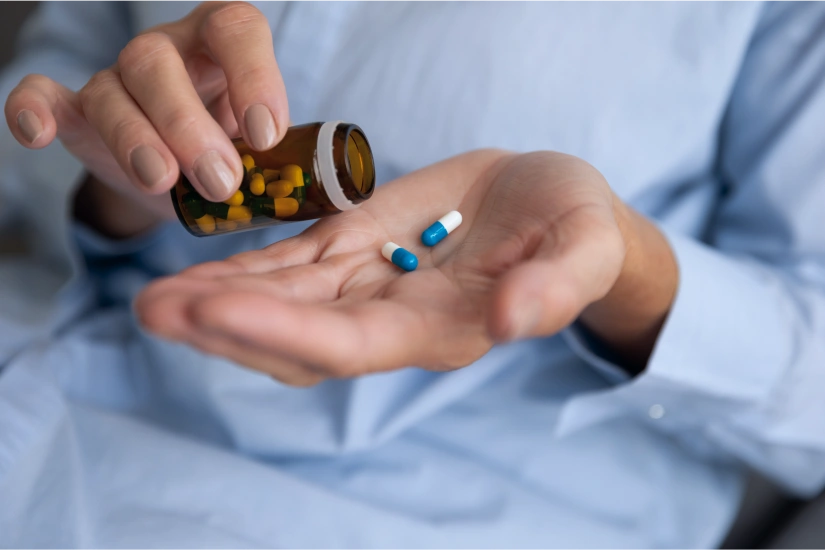24/7 Helpline:
(866) 899-221924/7 Helpline:
(866) 899-2219
Learn more about PTSD Treatment centers in Perkinston
PTSD Treatment in Other Cities

Other Insurance Options

Sutter

BHS | Behavioral Health Systems

Ambetter

Aetna
Beacon

Regence

Self-pay options

Optum

CareSource

Holman Group

MVP Healthcare

PHCS Network

United Health Care

Evernorth

Kaiser Permanente

Magellan

Multiplan

Coventry Health Care

Oxford

WellCare Health Plans














